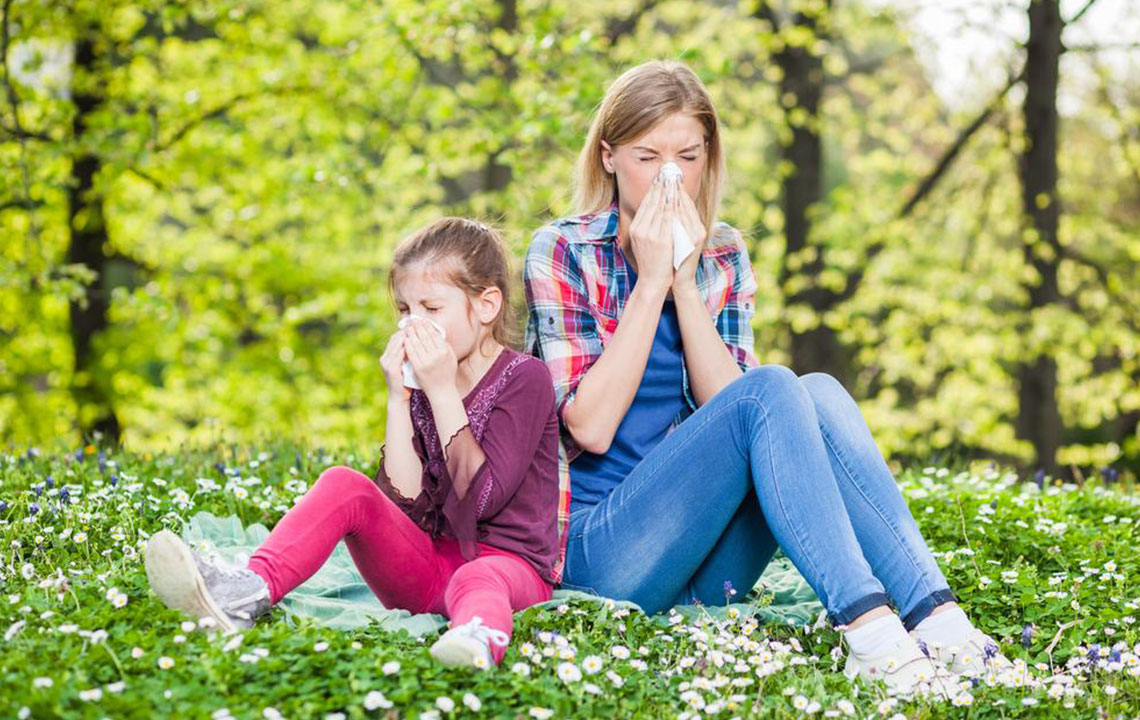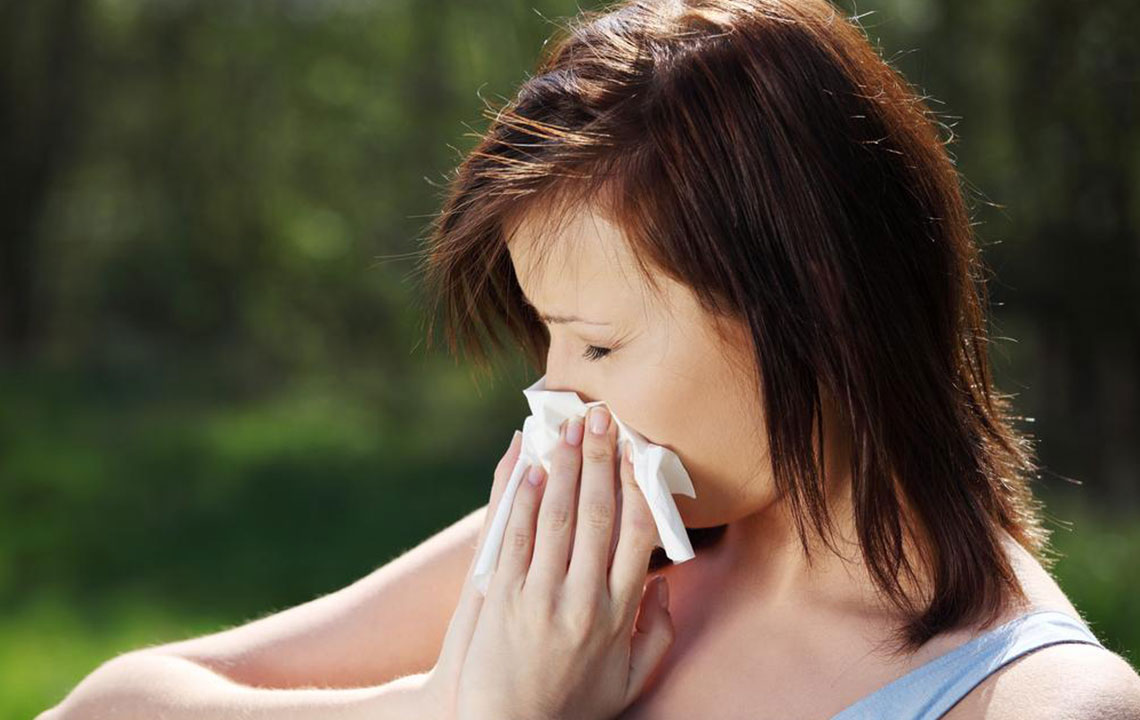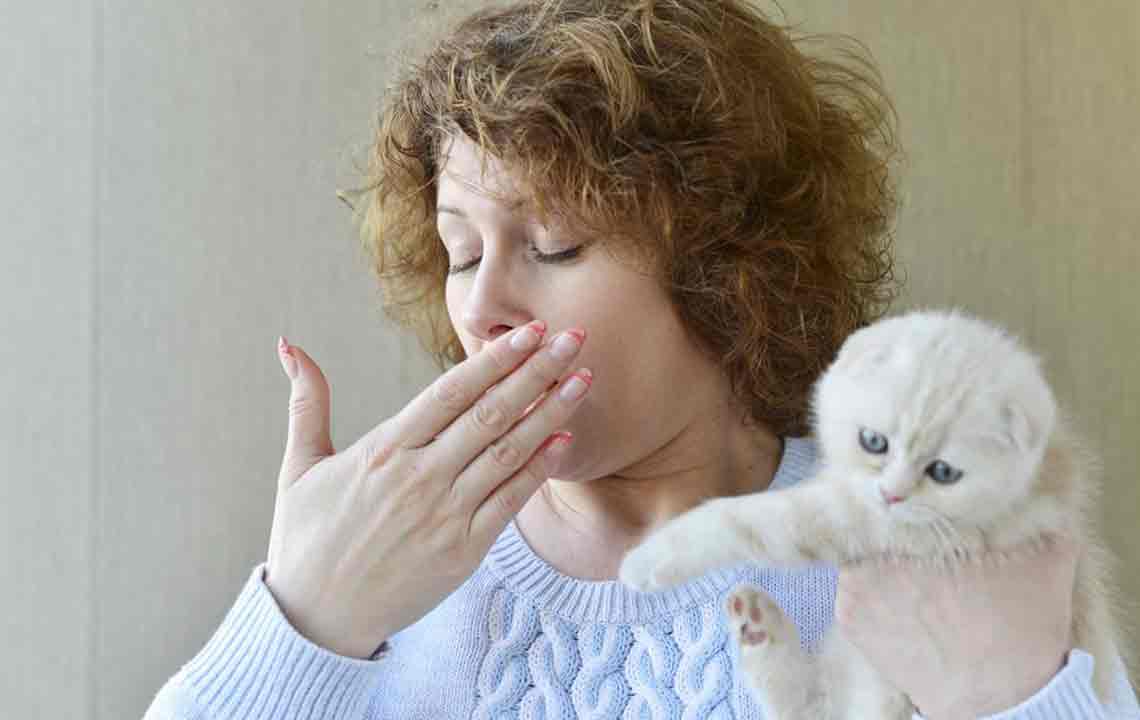Natural Methods to Minimize Pollen Allergy Symptoms
Discover effective natural methods to reduce pollen allergy symptoms this spring. From keeping windows shut and showering after outdoor activities to eating antihistamine-rich foods and using protective gear, these strategies help manage allergies without medication. Incorporate simple home adjustments and lifestyle changes to enjoy the season comfortably.

Natural Approaches to Minimize Pollen Allergy Symptoms
With spring's arrival, many suffer from pollen allergies. Before resorting to medication, explore these natural strategies to lower your allergy risks effectively.
Keep Doors and Windows Closed Maintain closed doors and windows, particularly in the mornings. Using air conditioning also helps filter out airborne pollen.
Rinse Off Pollen After Outdoor Exposure Shower promptly upon returning home, paying close attention to hair and skin, as pollen can cling and trigger reactions during sleep.
Regularly groom pets to prevent pollen transfer.
Eat Pollen-Reducing Foods Include foods like garlic, onions, citrus fruits, and apples, which possess natural antihistamine qualities to help ease allergy symptoms.
Build Immunity with Local Honey or Pollen Consuming a small amount of locally produced honey or bee pollen daily can help strengthen your immune response against regional pollen, lessening allergy severity over time.
Wear Protective Equipment During high pollen seasons, wear masks, such as painter’s masks, and large sunglasses to shield your respiratory system and eyes from pollen exposure. Though less stylish, it provides substantial protection.
Practicing relaxation techniques like meditation can help manage stress, which may influence allergy severity by affecting cortisol levels.
Avoid carpeting in pollen-prone areas, as pollen can settle into fibers, making removal difficult. Opt for hard flooring instead.
Implement these natural tips to control seasonal pollen allergies effectively without solely relying on pharmaceutical options.


